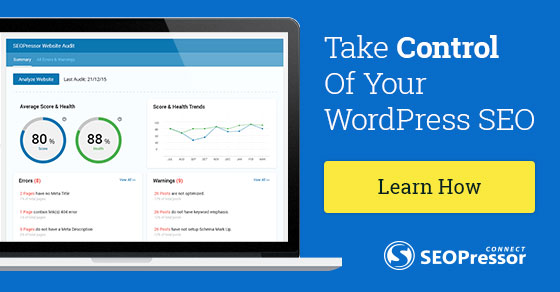What Is Social Media Management (2021)
Social media strategy is concerned with the use of social media platforms to build awareness, generate leads and sales.
Social media management is the process of creating, scheduling, analyzing, and engaging with content posted on social media platforms, like Facebook, Instagram, and Twitter






